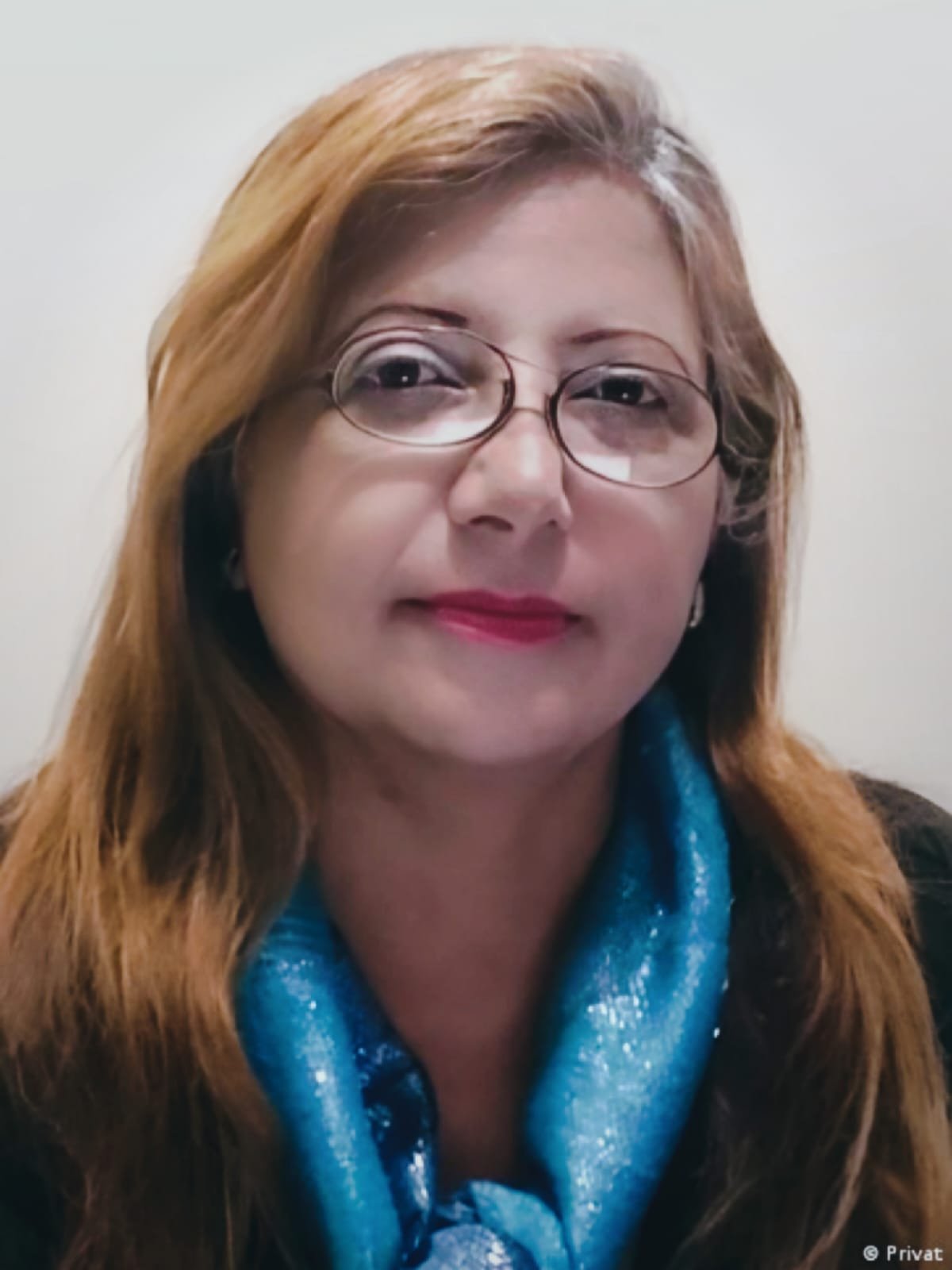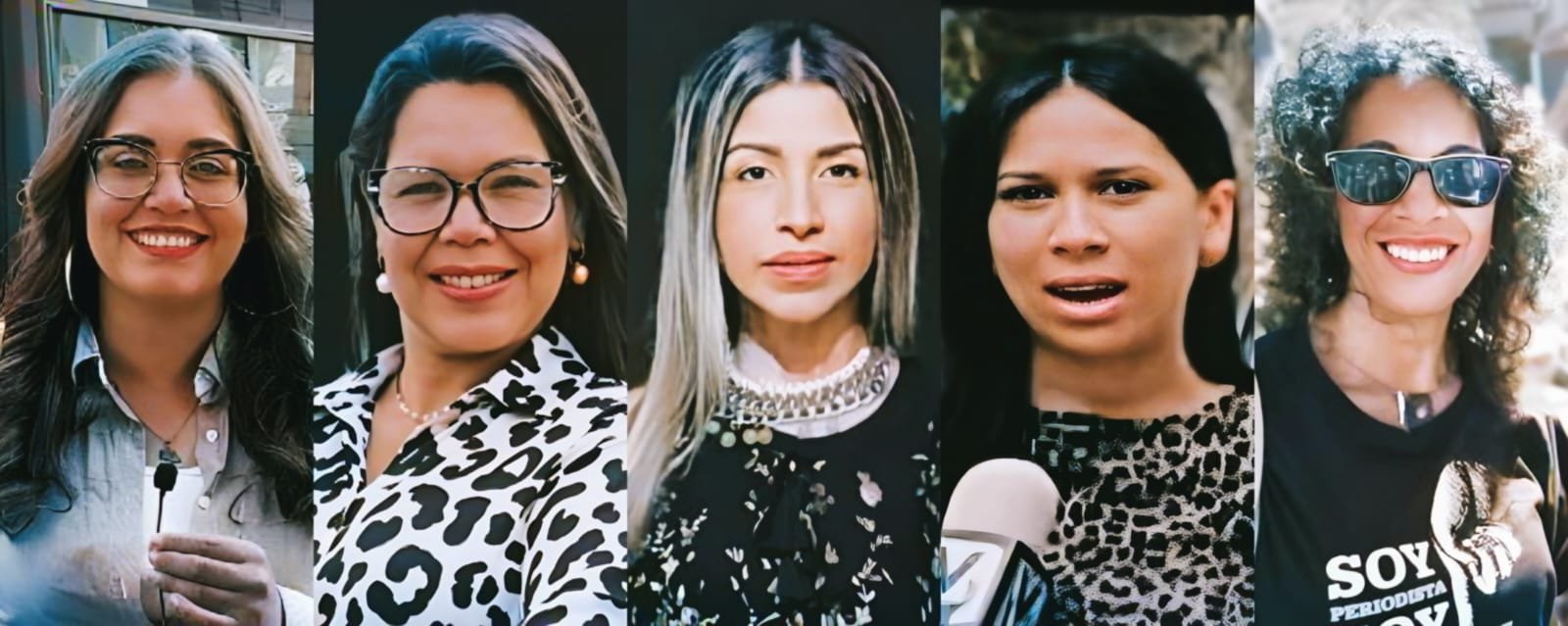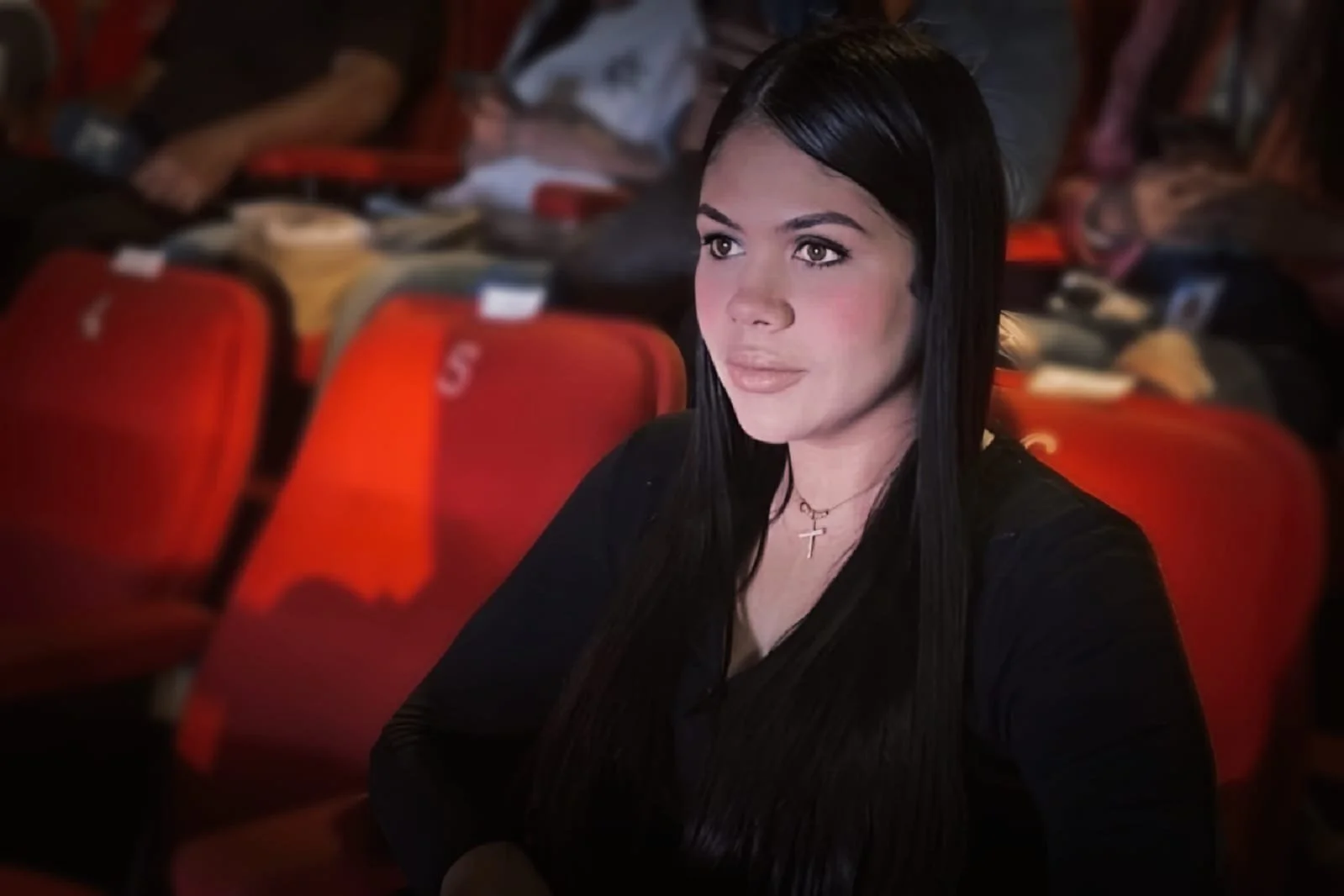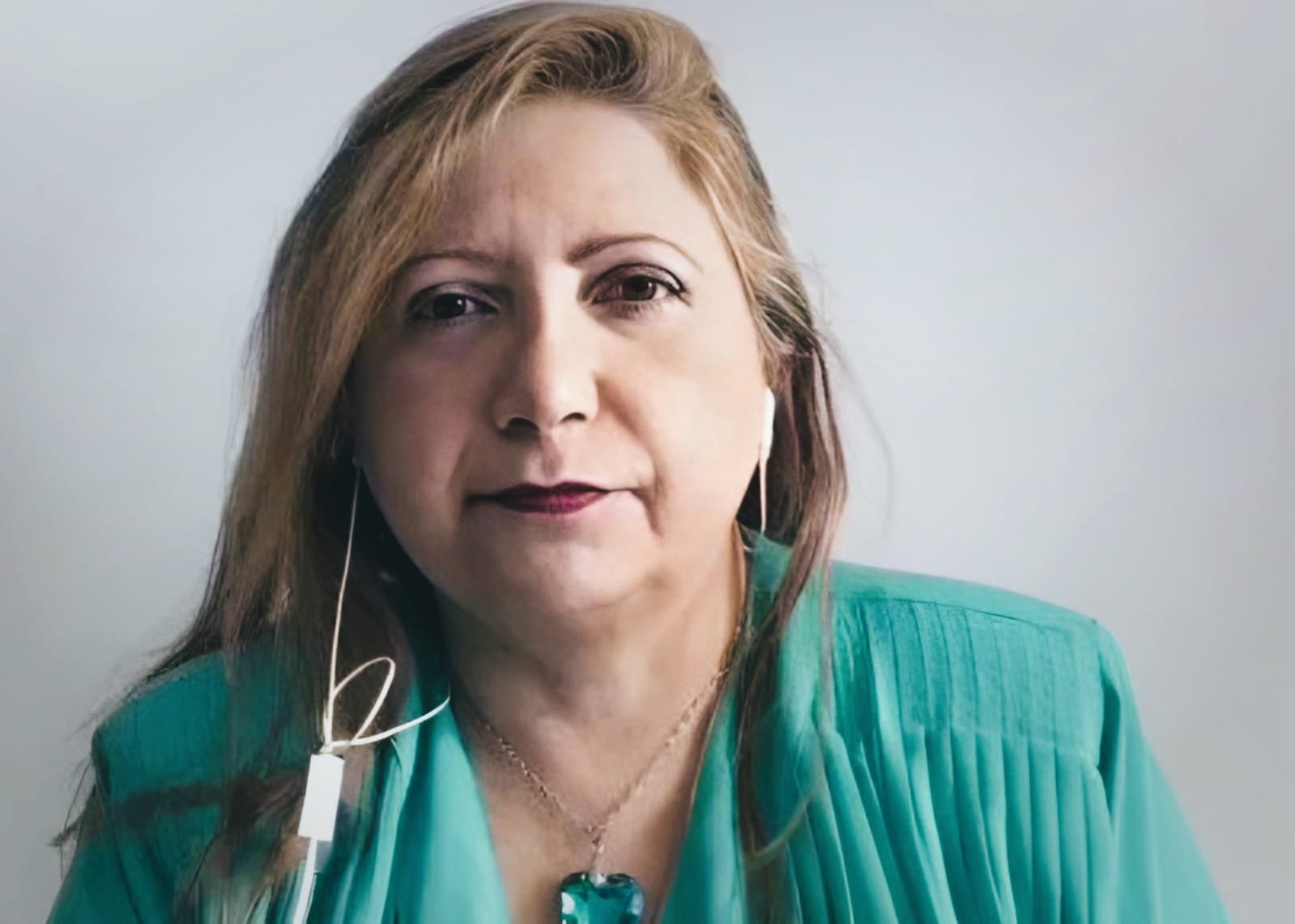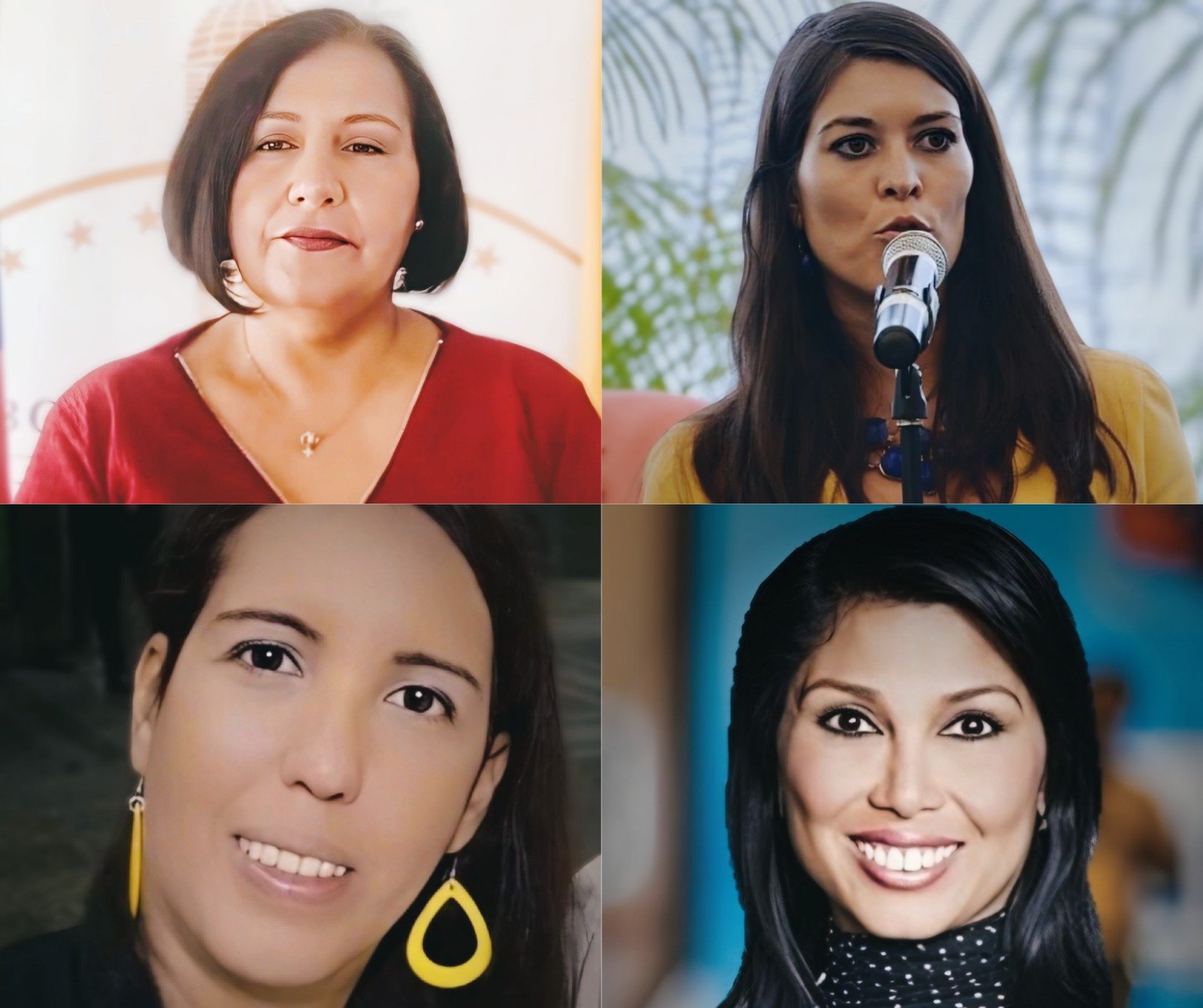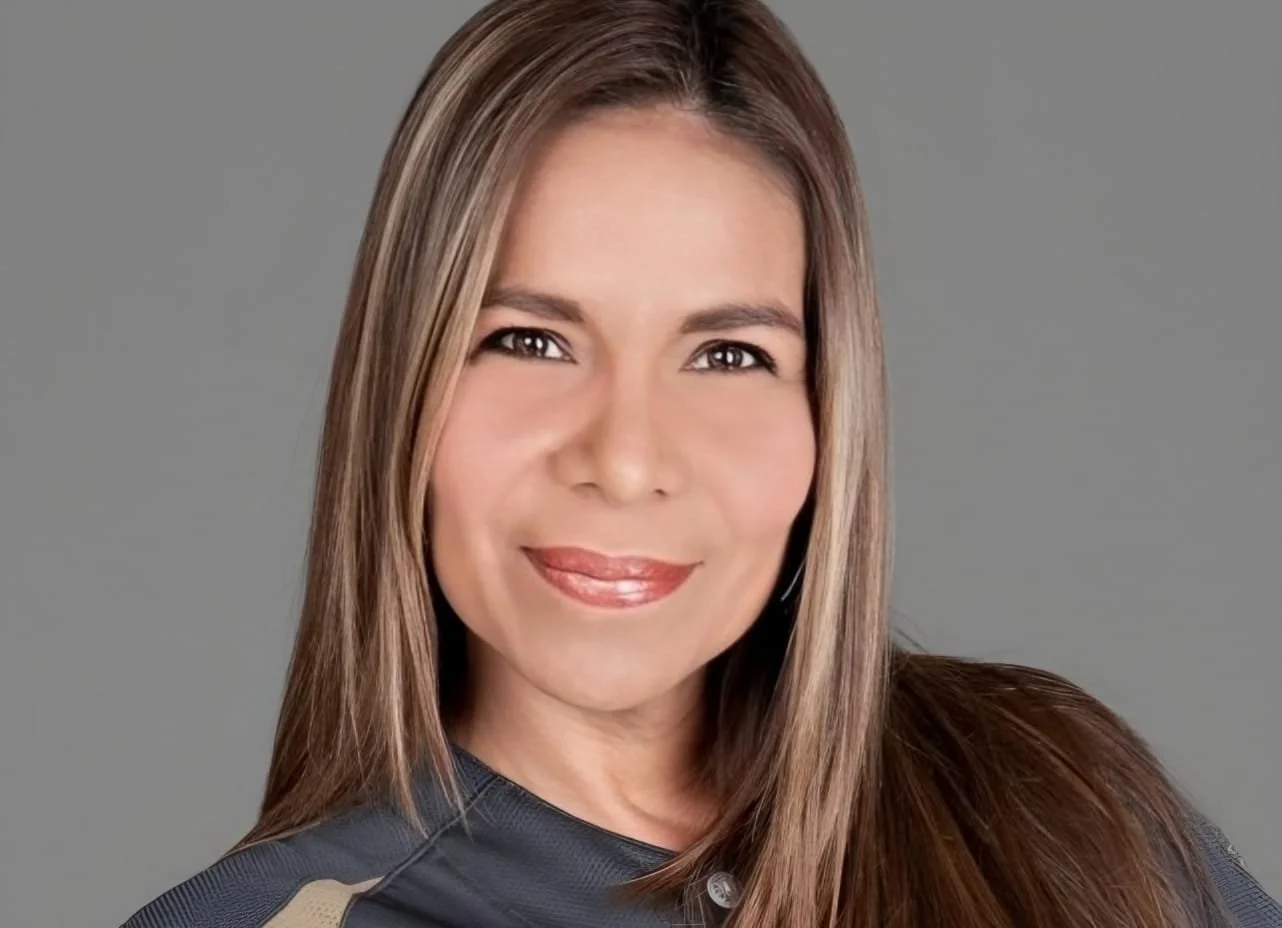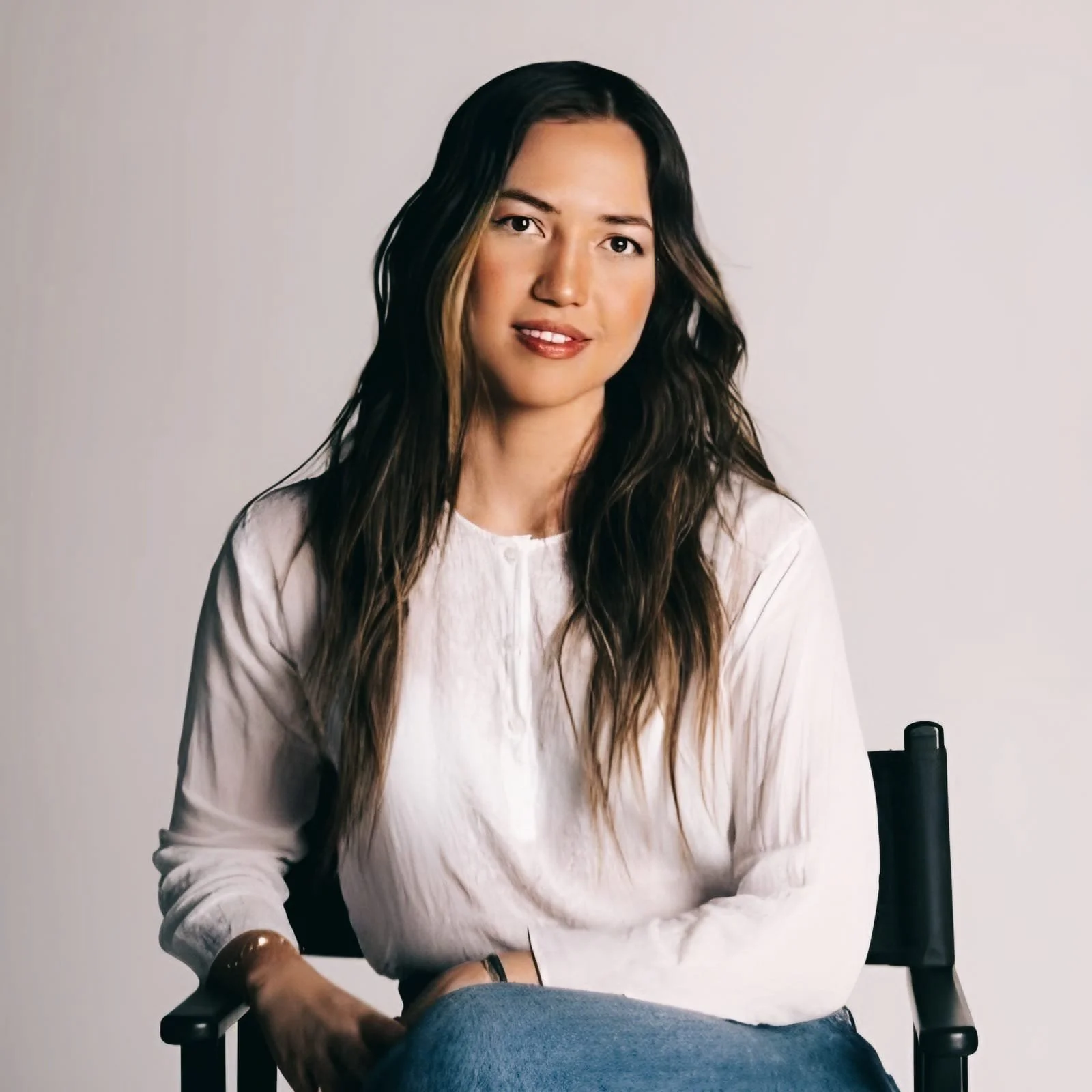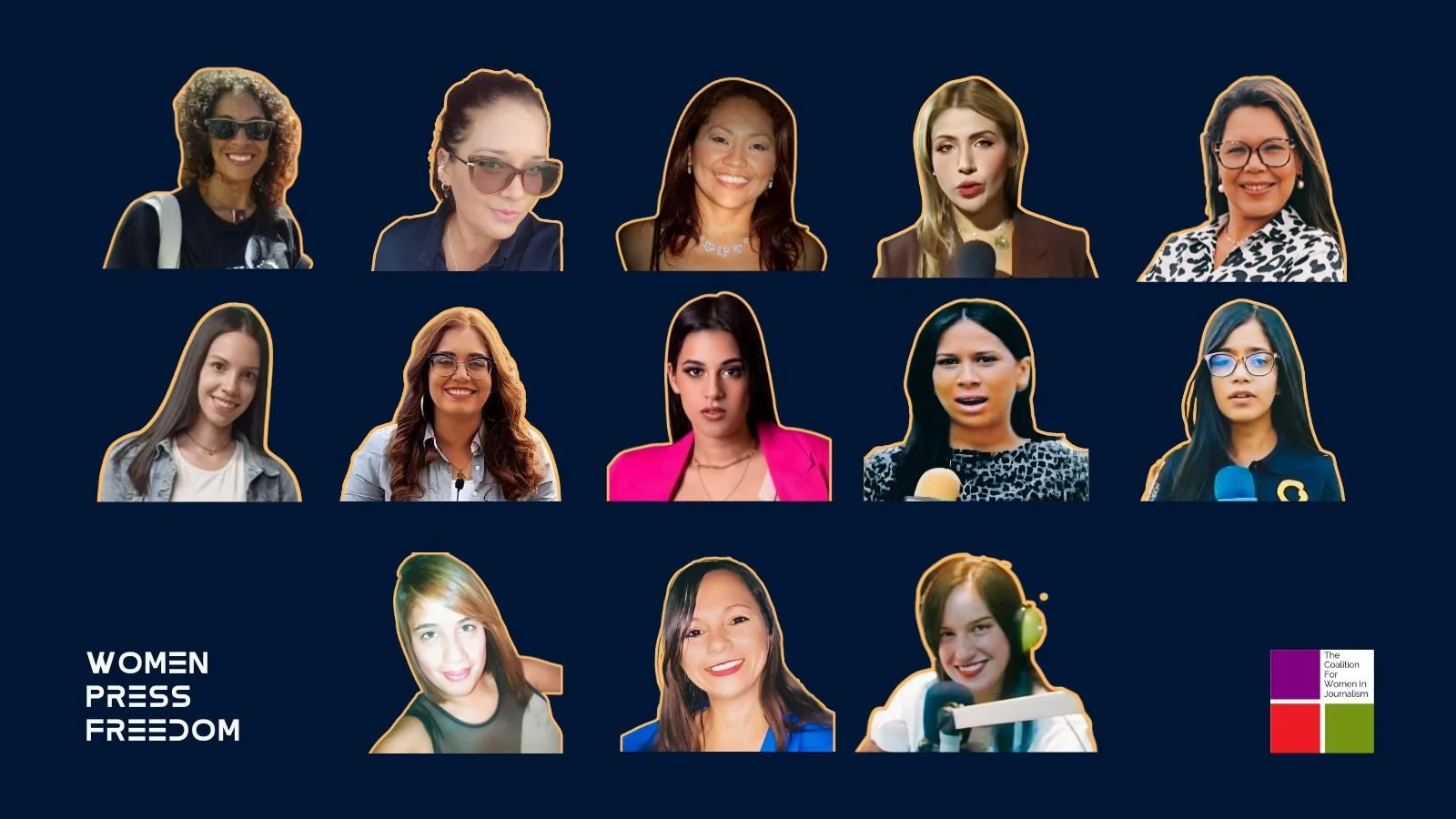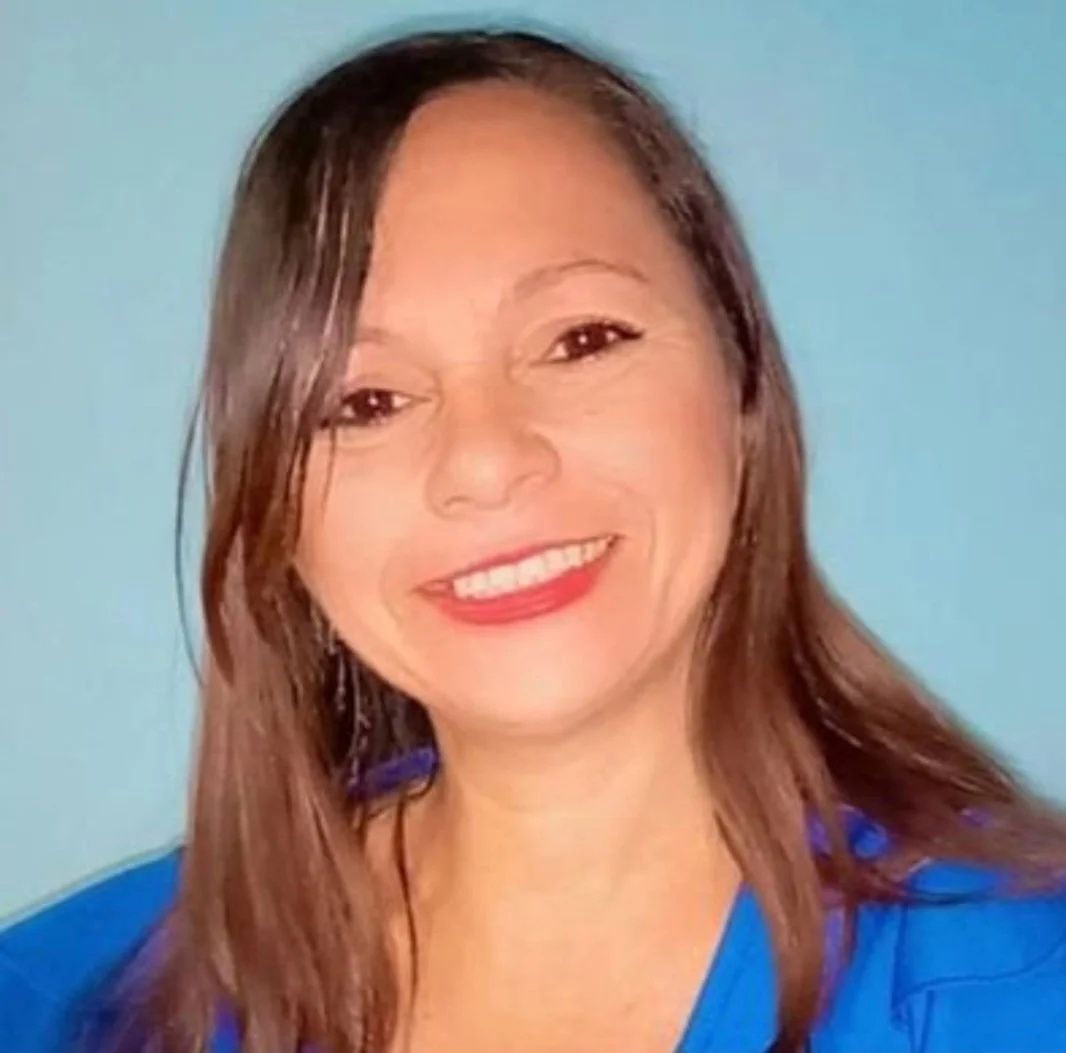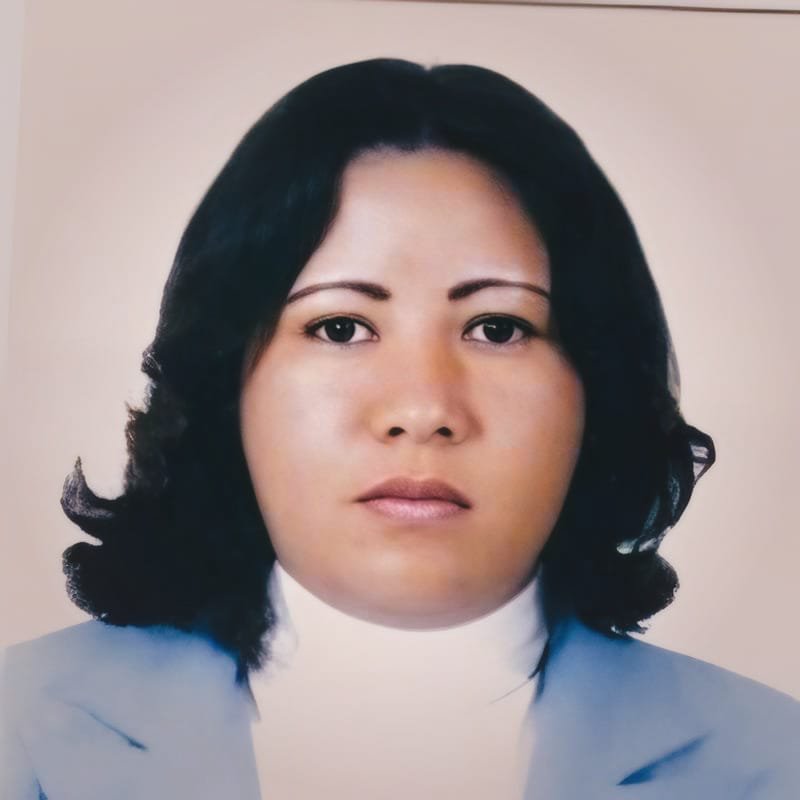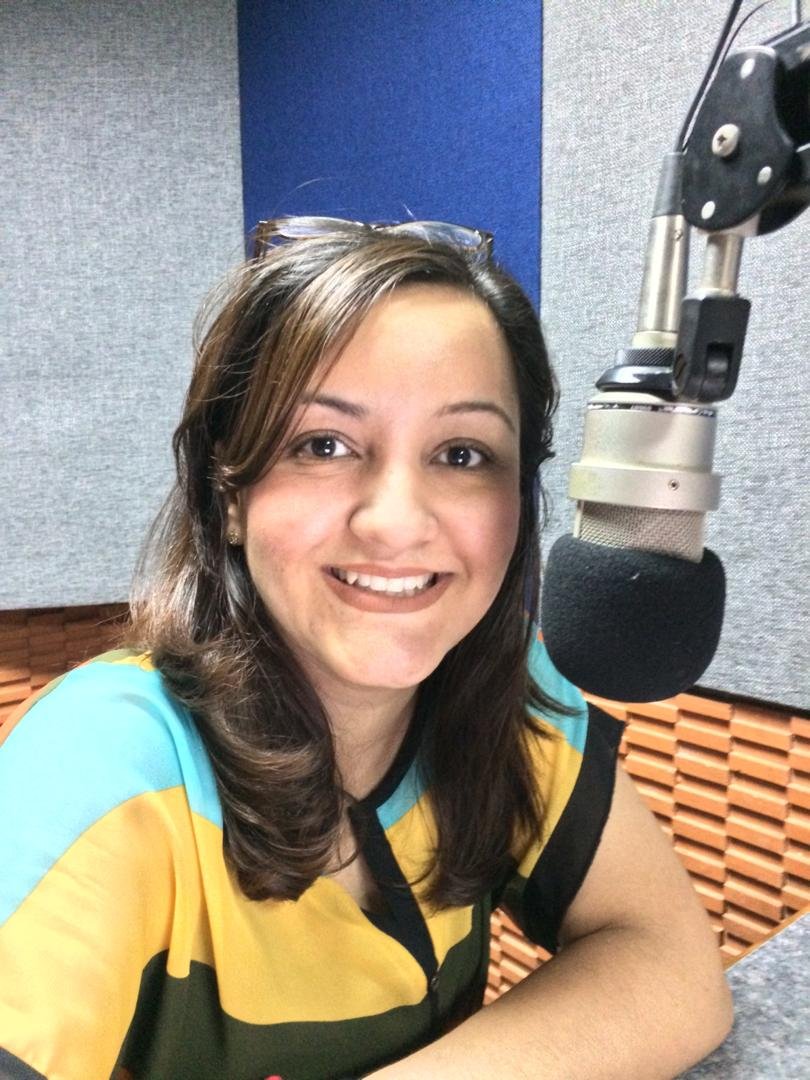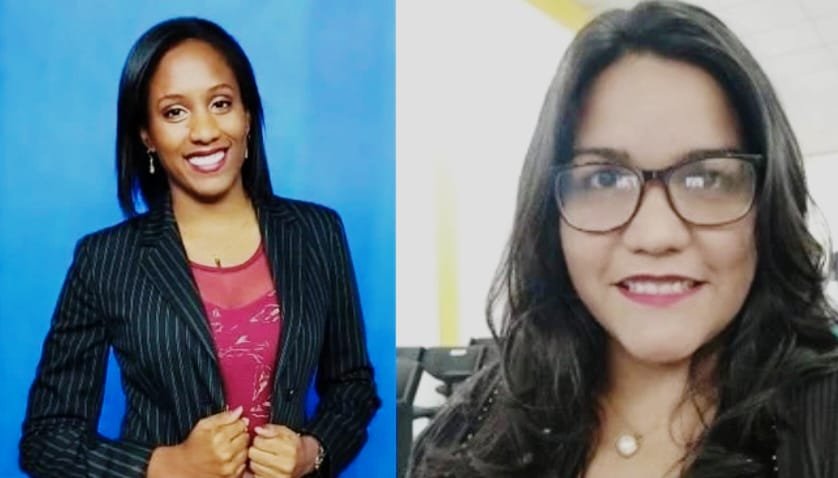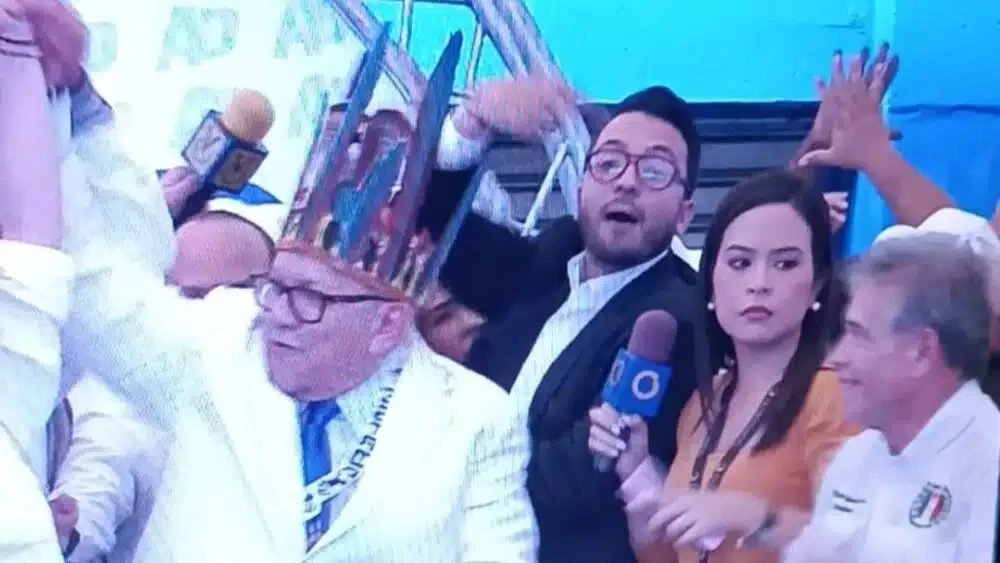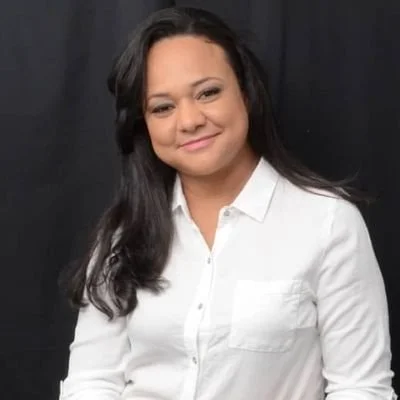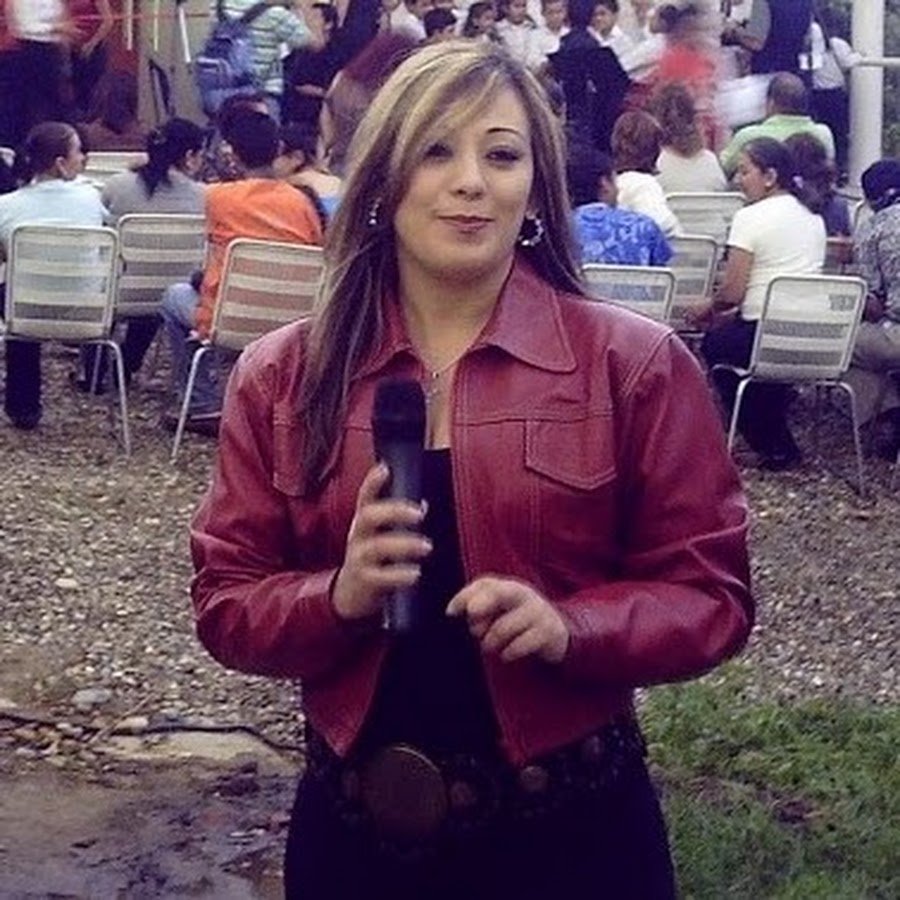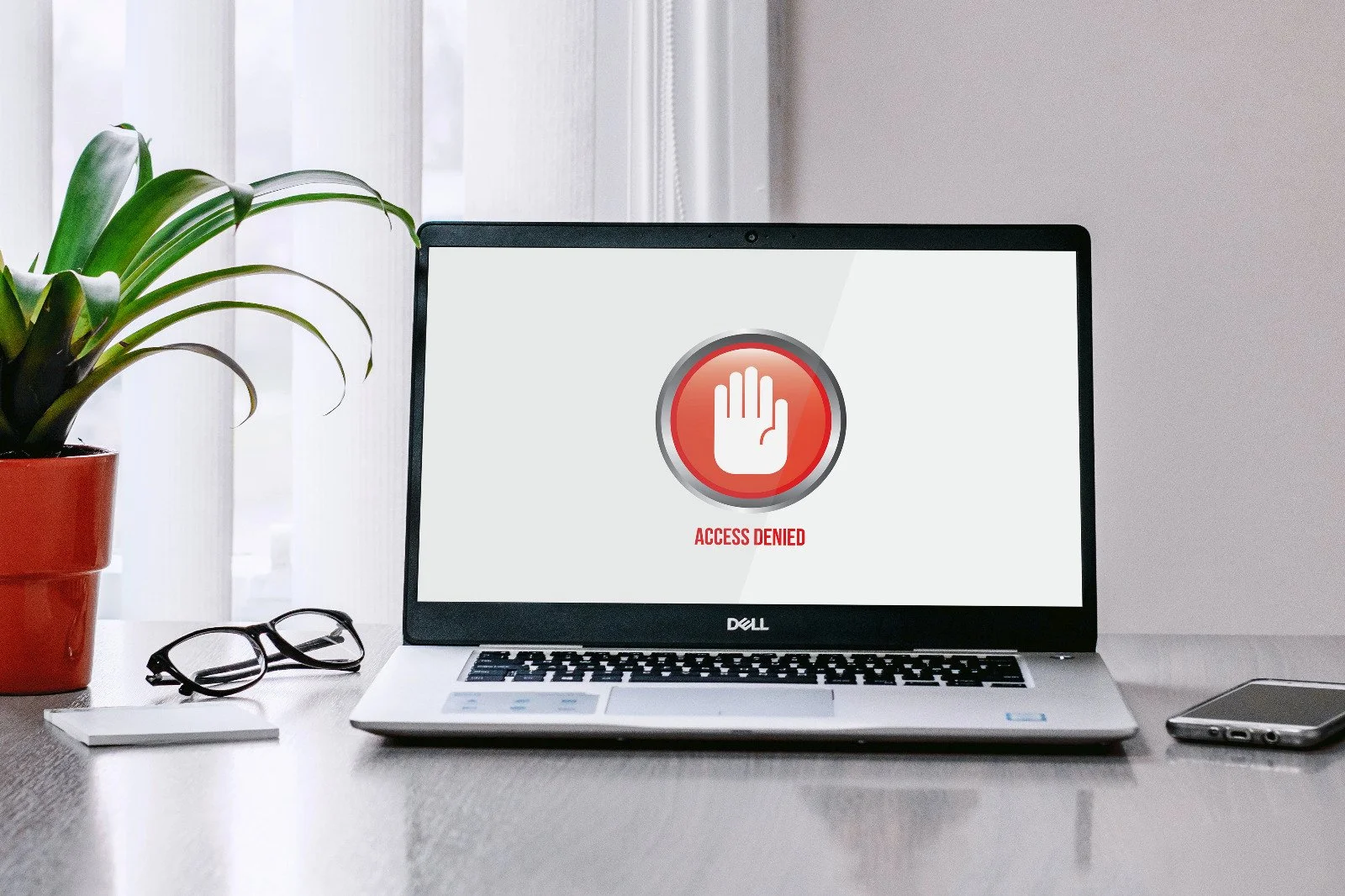Venezuela: WPF Denounces Restrictions and Harassment by Local Authorities and Police Targeting Journalists Covering Floods
Journalists Ariana Ágreda, Andrea Fabbiani, and camerawoman María Marcano impeded and intimidated while trying to report emergency
Location: Venezuela, Sucre
Date: July 8, 2024
Local authorities harassed, attacked, and forcibly removed journalists reporting on the aftermath of devastating flooding in Sucre state. These actions by local officials and law enforcement violate the right to a free press and obstruct the sharing of essential information during emergencies. The targeted harassment of reporter Ariana Ágreda, including personal attacks on her medical condition by a local leader in Cantarrana, is particularly deplorable. We condemn the assaults and restrictions imposed on journalists Ariana Ágreda, Andrea Fabbiani, Víctor Federico González, José Luis Guerra, and camerawoman María Marcano. We demand that the relevant authorities investigate these attacks, which endanger their safety and hinder vital reporting during a disaster.
During the ongoing Israel/Palestine conflict, the fundamental principles of press freedom have come under dire threat.
WPF vehemently condemns the targeting of Bangladeshi journalist Farzana Rupa who, along with her husband Shakil Ahmed, was detained after Sheikh Hasina's government was overthrown in August 2024. Charged with murder based on their journalism, they are part of a wider crackdown on journalists perceived as aligned with the previous regime. S
The Interior Ministry issues arrest warrants for at least 13 women and non-binary journalists.
On July 2, 2024, Ariana Ágreda, a correspondent for Unión Radio, was reporting on the flooding caused by the overflow of the Manzanares River, influenced by Hurricane Beryl. While covering the emergency near the Bolivarian National Guard checkpoint in the Puerto de la Madera sector, Ágreda was confronted by Maricruz Vallejo, an alleged local leader of the Cantarrana sector. Vallejo accused Ágreda of spreading misinformation and labeled her reporting as politically biased. He also hurled offensive remarks about her vitiligo condition, a chronic skin condition characterized by the loss of pigment in patches of skin.
Following this confrontation, Vallejo continued to harass Ágreda through WhatsApp groups linked to the Local Supply and Production Committees (CLAP), spreading derogatory messages and instigating others to attack Ágreda on social media.
Andrea Fabbiani, director of Atarraya and correspondent for VPItv, and Víctor Federico González, a correspondent for La Patilla, were intimidated and forcibly removed while attempting to cover the aftermath of floods in Montes on July 8, 2024.
While reporting statements by Major General Nayade Lockiby Belmonte regarding the flooding, the journalists were expelled from Montes by armed men in civilian clothing. They were transported in vehicles marked with the Bolivarian National Police (PNB) insignia and later abandoned at a military checkpoint in Quebrada Seca before being taken to Cumaná. They were warned not to return to Montes to continue their reporting.
State security officials in Cumanacoa restricted the coverage of Atarraya reporter José Luis Guerra and camerawoman María Marcano on July 6, 2024. The journalists were invited by the Federation of Chinese Associations of Venezuela to document the delivery of humanitarian aid. Despite having official permission, Guerra and Marcano were expelled from the warehouse by Bolivarian National Guard (GNB) and Bolivarian National Police (PNB) officers, separating them from their team and disrupting their reporting.
#ALERTA | La líder de calle de Cantarrana identificada como Maricruz Vallejo en #Cumaná desde ayer viernes me está insultando llamandome “La Manchada” por mi Vitiligo y tildando mi trabajo con política
— ARIANA AGREDA (@ariana_agreda) July 6, 2024
La tragedia de Cumanacoa no tiene tendencia política estoy INFORMANDO pic.twitter.com/hNRQtZl676
So far in 2024, Women Press Freedom has documented 24 violations against women journalists in Venezuela. The continued intimidation of press workers is a huge cause for concern in a country where journalists operate under severe pressure from state authorities. The attempts to silence journalists reporting an emergency of critical importance to the public are unacceptable. Women Press Freedom denounces the actions of local authorities in Montes, as well as the Bolivarian National Guard (GNB) and Bolivarian National Police (PNB). We call for an urgent investigation into the behavior of these state officials and demand an immediate end to the targeted harassment and restrictions against journalists.
Journalist Ana Carolina Guaita was detained by suspected intelligence agents (SEBIN) from outside her home, with the reasons for her detention and her current whereabouts remaining unknown.
Photojournalist Deysi Peña and reporter Dayana Krays detained by police while covering post-electoral protests.
WPF firmly condemns the hostile environment and aggressive actions perpetrated by Maduro’s government and local officials during Venezuela’s presidential election on July 28, 2024.
WPF condemns assaults and restrictions imposed on journalists Ariana Ágreda, Andrea Fabbiani, Víctor Federico González, José Luis Guerra, and camerawoman María Marcano. We demand relevant authorities investigate these attacks, which endanger their safety and hinder vital reporting during a disaster.
WPF fully supports journalists Luzfrandy Contreras, Luz Dary Depablos, Tatiana Ortiz, and Zulma López, who were prevented from filming an informational bulletin in the Táchira Hospital parking lot while conducting an interview with Health Union representatives.
WPF expresses unwavering solidarity with journalists Pableysa Ostos, Jhoalys Siverio, Francesca Díaz, Karla Ávila, Stephane Hernández, and Rosangely Bruces.
WPF expresses unwavering solidarity with exiled journalist Sebastiana Barráez, who faces renewed accusations from the Attorney General of the Republic, Tarek William Saab.
Nicole Gómez Cubillán, a correspondent for El Medio, was detained by the Bolivarian National Guard (GNB) on April 21, 2024, while covering the National Popular Consultation, a nationwide referendum, in Lechería, Venezuela.
WPF expresses serious concern regarding the obstruction faced by journalists from ten media outlets, including Silvimar Campos of Canal i and Impacto Venezuela, María Marcano of Venevisión, Nelmary Salazar of Globovisión, Lisbeth Miquilena of Televen, and Ana Carolina Arias of VPItv and Reporte Confidencial, who were barred from documenting a riot at a police headquarters in Porlamar, Nueva Esparta.
Director of Prensalternativa, Hilianni Vásquez, was targeted by government officials in Cumaná after covering a local protest.
CFWIJ and WPF expresses deep concern over the arrest warrant issued by the Venezuelan regime, targeting 14 people, including the highly respected journalist Sebastiana Barráez.
CFWIJ and WPF is deeply concerned about the recent events in Venezuela involving former vice president Diosdado Cabello's accusations against seven journalists
CFWIJ and WPF stands in solidarity with Mari Montes, a prominent Venezuelan sports reporter who has endured years of relentless online harassment and misogyny on Twitter.
CFWIJ and WPF denounces the recent incidents of online harassment and defamation targeting journalist Pableysa Ostos.
CFWIJ and WPF condemns the recent actions of the General Directorate of Military Counterintelligence (Dgcim) in Venezuela, which forced journalists Ruth Lara Castillo and María Torres to delete their coverage of the El Palito refinery oil spill.
Following Venezuela’s December 3 referendum, the country’s lead prosecutor issued multiple warrants against journalist Claudio Macero and others, accusing them of conspiring against the non-binding referendum to reclaim Essequibo territory from Guyana.
During the consultative referendum on Essequibo on December 3, press freedom and information guarantees for journalists and media outlets were violated by members of the Plan República
Regina was targeted with verbal attacks and intimidation on the evening of November 30 while covering the upcoming Consultative Referendum on the Essequibo territory, set to take place on December 3.
In Maturín, Monagas state, multiple journalists, including Lisbeth Martínez, were prevented from covering a protest at the Dr. Manuel Núñez Tovar University Hospital.
Reporter Karla Ávila fears she is under surveillance after witnessing an unidentified person and police take pictures of her.
Three members of the Bolivarian National Guard block journalists Marinelid Marcano and Gianna Rodríguez from covering an indigenous protest.
Unknown persons threw threatening pamphlets targeting reporter Luzfrandy Contreras. The leaflets contained photographs of Contreras along with the message: "Luzfrandy politicizes journalistic work. You will end up like Seir Contreras. Hiding and unemployed."
Journalists Michelle Agreda from Globovisión and Nelsy Delgado from Canal i physically assaulted, alongside reporters from Televen, El Martillo Venezuela, and Venevisión, at a political party event.
The journalist had to relocate due to the risks she faced as a journalist and may now face deportation.
Journalist Alexandra Torres physically and verbally attacked while reporting on the takeover of a police headquarters in Zulia state after being falsely accused of one-sided reporting on the region.
Exiled journalist Carola Briceño has been on a hunger strike for eight days outside the United Nations High Commissioner for Refugees (UNHCR) headquarters in Bogotá.
Multiple news websites known for being critical of the country’s authoritarian government experienced disrupted accessibility
Mildred Manrique, 800 Noticias’ journalist, affirmed that security forces attempted to search her house without having a prior notice or a search warrant. The journalist also included that the police officers were carrying long weapons. The Coalition For Women In Journalism (CFWIJ) condemns Venezuelan security officials for intimidating Mildred. We demand clarification into this deliberate threat against the journalist.
Venezuela’s recent election results have led to chaos and violence. Protesters supporting both Juan Guaidó, the president of the National Assembly, and the “re-elected” President Nicolás Maduro are part of the clashes.
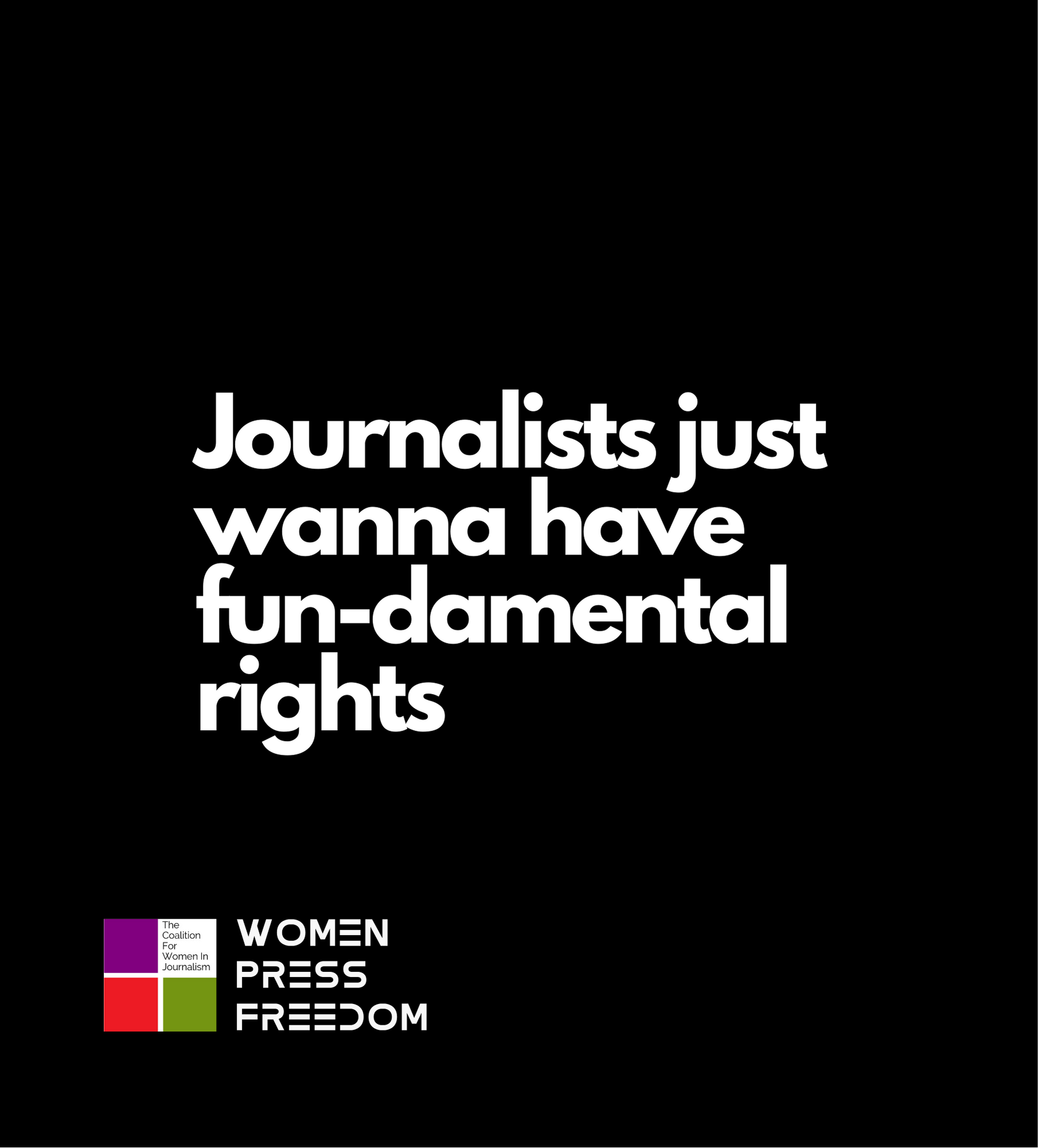
Women Press Freedom is an initiative by The Coalition For Women In Journalism
The Coalition For Women In Journalism is a global organization of support for women journalists. The CFWIJ pioneered mentorship for mid-career women journalists across several countries around the world and is the first organization to focus on the status of free press for women journalists. We thoroughly document cases of any form of abuse against women in any part of the globe. Our system of individuals and organizations brings together the experience and mentorship necessary to help female career journalists navigate the industry. Our goal is to help develop a strong mechanism where women journalists can work safely and thrive.
If you have been harassed or abused in any way, and please report the incident by using the following form.







